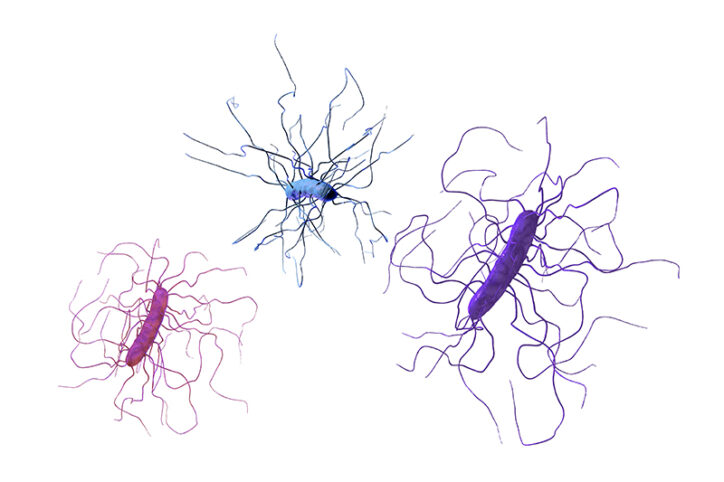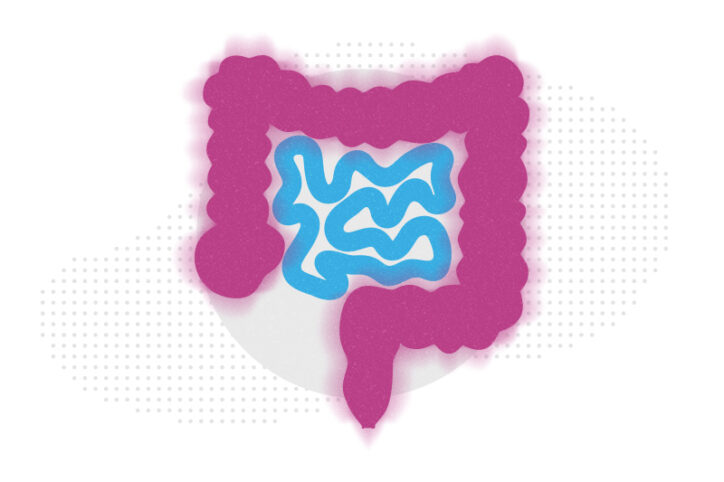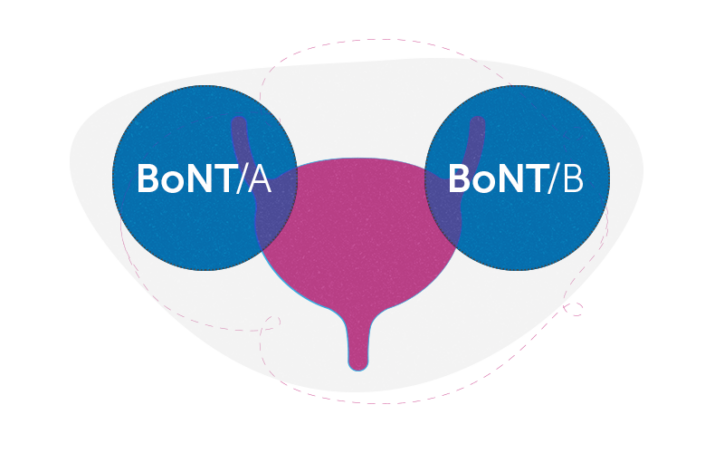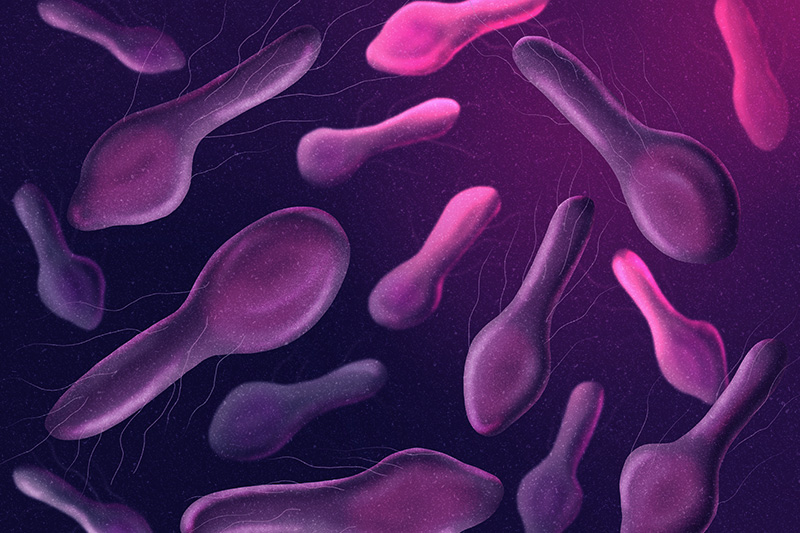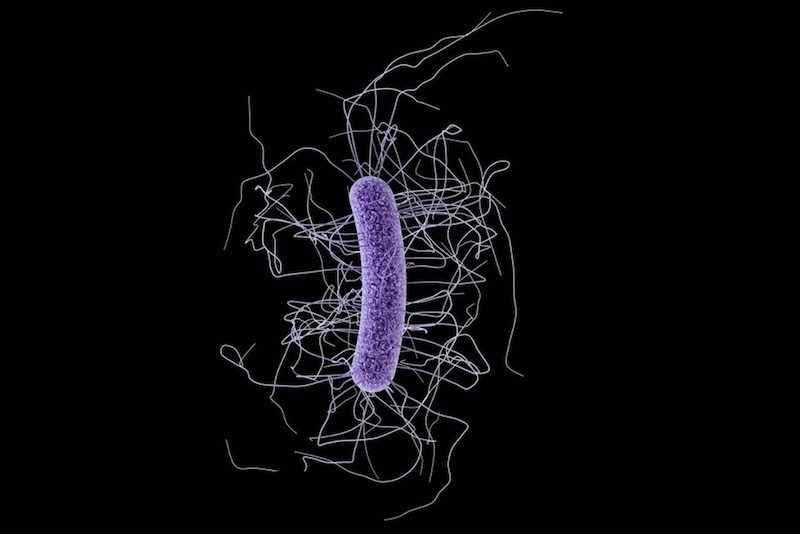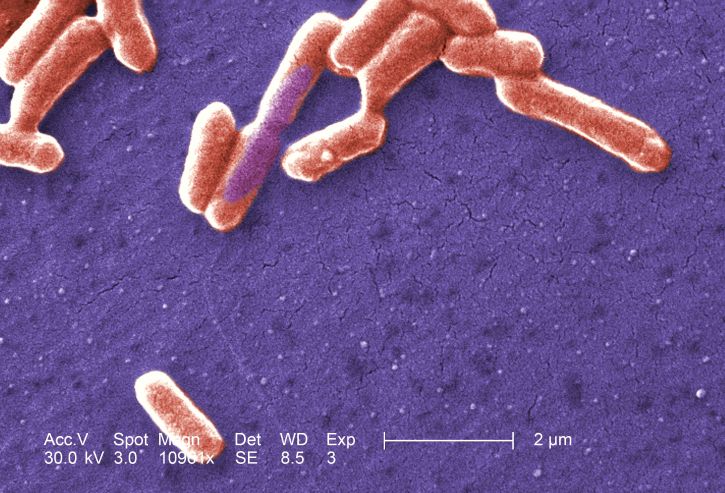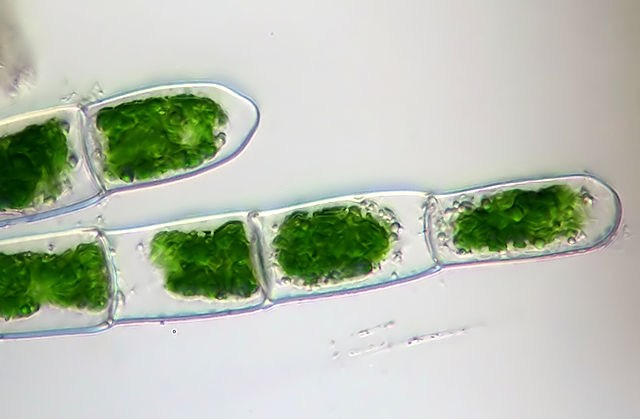Archive for toxins
Could a GI bug’s toxin curb hard-to-treat breast cancer?
Clostridium difficile can cause devastating inflammatory gastrointestinal infections, with much of the damage inflicted by a toxin the bug produces. But research from Boston Children’s Hospital suggests that the same toxin could also be a useful tool for curbing highly aggressive triple-negative breast cancers that don’t respond to chemotherapy. Min Dong, PhD, in the Department ... Read More about Could a GI bug’s toxin curb hard-to-treat breast cancer?
Tagged: cancer, infectious diseases, toxins
A new approach to C. diff? Targeting the inflammation, not the bacteria
Clostridium difficile (C. diff) intestinal infections can cause severe, debilitating diarrhea in patients who are hospitalized or on immunosuppressive therapies. The infections can be very hard to eradicate, roaring back when patients try to taper their antibiotics. Many people wind up on antibiotics for months and can become resistant to three or more of them. ... Read More about A new approach to C. diff? Targeting the inflammation, not the bacteria
Tagged: gastroenterology, infectious diseases, toxins, urology
Preventing ‘chemo brain’ with antioxidants targeting the spinal fluid
Up to three-quarters of patients receiving cancer chemotherapy suffer from “chemo brain” — a side effect that makes it harder to remember things, maintain attention, and learn new information. When it strikes children, whose brains are still developing, effects are sometimes long lasting, affecting their schoolwork and self-esteem. “One of the most distressing potential side ... Read More about Preventing ‘chemo brain’ with antioxidants targeting the spinal fluid
Building a bladder-specific Botox
Botulinum toxins are bacterial neurotoxins that also have a range of therapeutic uses. In urology, injections of these potent substances can relax the bladder muscle, helping treat conditions such as overactive bladder and neurogenic bladder. Of the seven types of botulinum toxin, two have been approved by the U.S. Food and Drug Administration (FDA): botulinum ... Read More about Building a bladder-specific Botox
Lead exposure remains a problem for some children
Lead poisoning has been with us since the beginning of the Industrial Revolution. But it wasn’t until the late 1970s that strong laws were passed to reduce lead in the environment. And 40+ years later, a large national study still finds evidence of possibly harmful lead exposure in young children, especially those living in low-income ... Read More about Lead exposure remains a problem for some children
Botulism breakthrough? Taming botulinum toxin to deliver therapeutics
While rare, botulism can cause paralysis and is potentially fatal. It is caused by nerve-damaging toxins produced by Clostridium botulinum — the most potent toxins known. These toxins often lurk in contaminated food (home canning being a major culprit). Infants can also develop botulism from ingesting C. botulinum spores in honey, soil, or dust; the ... Read More about Botulism breakthrough? Taming botulinum toxin to deliver therapeutics
Opioid alternative? Taming tetrodotoxin for precise painkilling
Opioids remain a mainstay of treatment for chronic and surgical pain, despite their side effects and risk for addiction and overdose. While conventional local anesthetics block pain very effectively, they wear off quickly and can affect the heart and brain. Now, a study in rats offers up a possible alternative, involving an otherwise lethal pufferfish ... Read More about Opioid alternative? Taming tetrodotoxin for precise painkilling
Tagged: biomaterials and drug delivery, neuroscience, pain, surgery, toxins
Sweet! How C. difficile toxin A enters intestinal cells
Clostridiodes difficile infection has become a leading cause of severe, sometimes fatal diarrheal illness. It flourishes best in hospitals and long-term care facilities where people are on long-term antibiotic treatment, but it’s also an increasing problem in the community. Much of the damage from C. diff is caused by toxins the bacterium produces, which damage ... Read More about Sweet! How C. difficile toxin A enters intestinal cells
Tagged: gastroenterology, infectious diseases, toxins
New angles for blocking Shiga and ricin toxins, and new light on an iconic biological process
Min Dong, PhD, and his lab are world experts in toxins and how to combat them. They’ve figured out how Clostridium difficile’s most potent toxin gets into cells and zeroed in on the first new botulinum toxin identified since 1969. Now, they’ve set their sights on Shiga and ricin toxins, and not only identified new potential lines of defense, ... Read More about New angles for blocking Shiga and ricin toxins, and new light on an iconic biological process
Tagged: cellular and molecular medicine, toxins
Safety trial of algal anesthetic kicks off
Two years ago, we told the story of the quest of Charles Berde, MD, PhD, of Boston Children’s Division of Pain Medicine, to turn an algal toxin called neosaxitoxin into a long-lasting local anesthetic. At that time, Berde—together with Alberto Rodríguez-Navarro, MD, from Padre Hurtado Hospital in Santiago, Chile, and a Chilean company called Proteus SA—already knew that ... Read More about Safety trial of algal anesthetic kicks off
Tagged: anesthesia, clinical trials, surgery, toxins


